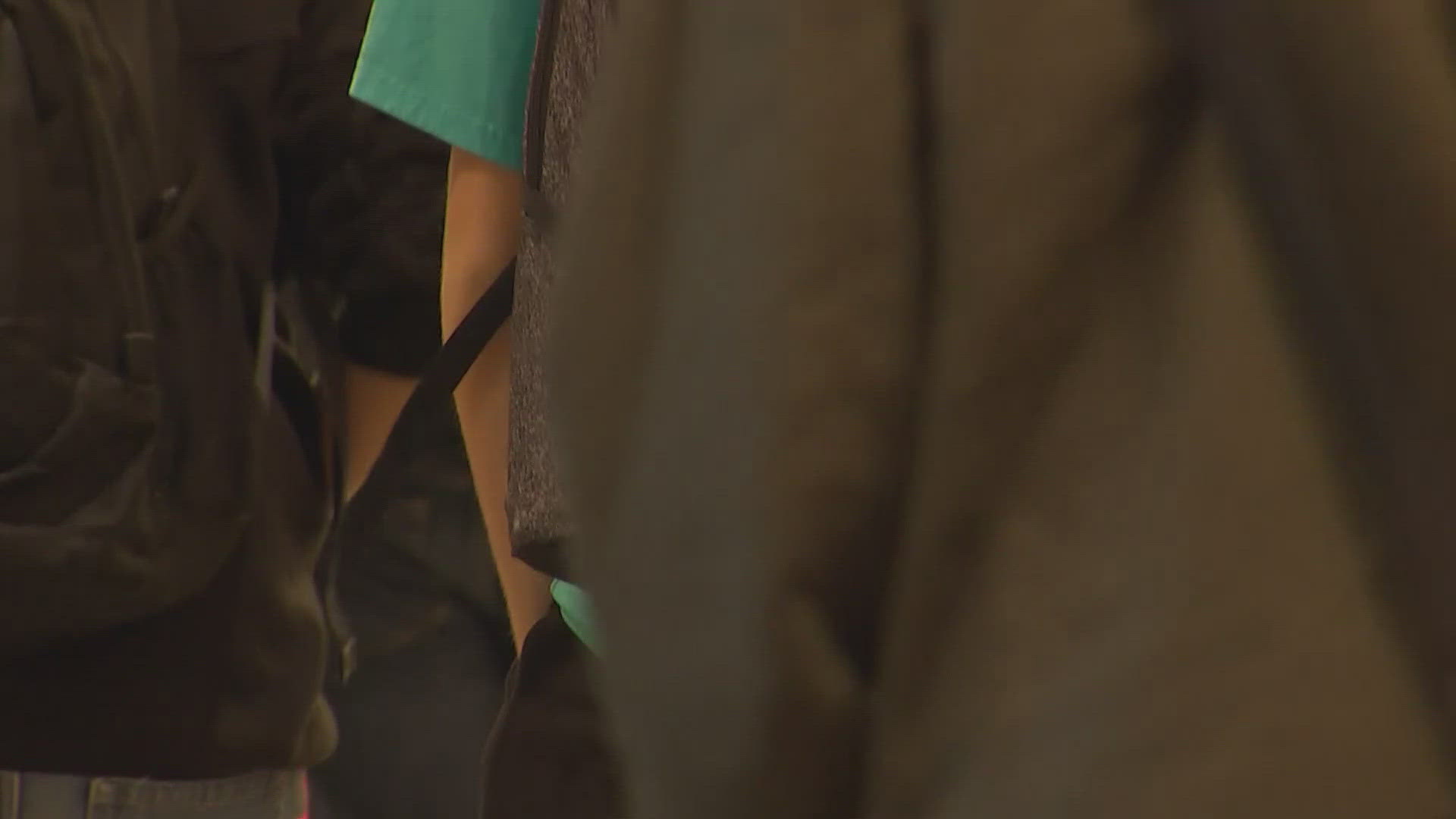Superintendent of Public Instruction Chris Reykdal outlined a new long-term plan Wednesday to redesign the K-12 educational experience in Washington state.
“We’ve talked about McCleary for several years now,” Reykdal said in a statement from the Office of the Superintendent of Public Instruction (OSPI). “But too often, people see meeting the court’s mandate as the final destination. I believe our students and educators deserve so much more than just the bare minimum.”
According to a statement from the OSPI, Reykdal's new vision includes three phases which will span between 2017 and 2023.
During the first phase (2017-2019), the state will have to define what basic education is and decide how it will fund educators, Reykdal said. Afterward, the state will be required to look at where schools are lacking in resources and then provide additional support to meet those needs.
Additionally, Reykdal said the state should stop using a standardized test to figure out who is allowed to graduate. Currently, Washington is one of the few states that requires students to pass a specific test prior to graduation. While Reykdal recommended getting rid of the test in entirely in the future, his current framework moves the test year from 11th grade to 10th to better inform graduation pathways.
During the second phase (2019-2021), the focus will be on research and policy transition. It will look at how to create "meaningful" pathways to high school graduation, pay all dual credit fees for students, and inform parents and guardians so that they can better engage in their child's education.
The final phase (2021-2023) will include teaching dual languages beginning in kindergarten. Reykdal also proposed lengthening school days, years, lunch breaks, and recesses for K-8 students.
"This isn't 1889 anymore," said Reykdal, defending his proposal to lengthen the school day and year.
He said over the summer too many students forget what they've learned the prior school year.
"That summer becomes an enormous step backwards," said Reykdal. "And sometimes we don't get them caught up."
Eighth grader Tia Mack, who attends Lacey's Nisqually Middle School was open to the idea of a longer school day, if the time was used efficiently.
"It would be nice if they had that time for people who need extra help," said Mack.
But her classmate, eighth grader Deja Avery, did not like the idea of a longer school year or day.
"I thought it was stupid," said Avery. "We already have to go to school for six and a half hours. That's enough."
When considering funding for the new framework, according to his office, Reykdal said Washington ranks 46th nationally in terms of how much of the state's Gross Domestic Product (GDP) is reinvested back into education.
"We can do much, much better than that,” Reykdal said.
In response, Reykdal's education plan would require an estimated additional $4 billion in funding per year.
While the OSPI called this new plan "bold," Reykdal is hopeful that the community will support it.
“If we are serious about our children being able to compete on a national and global scale, it’s time we look at our education system in a new way,” he said.


